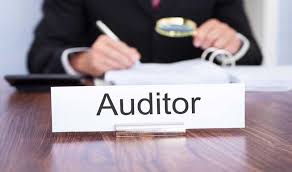 January 2019
January 2019
The Condo Act requires condo corporations to retain an auditor to perform an annual audit. This audit is not intended to provide protection against theft, fraud or misuse of funds.
An auditor provides independent opinion on if financial statements are fairly stated in accordance with applicable accounting standards.
An auditor is not responsible for preparation of financial statements, bookkeeping or management activities. These are responsibilities of the condo board and management. An auditor is not tasked with ensuring financial statements are properly prepared, or for implementing procedures to deter, prevent or detect fraud.
Many of the items that arise during an audit fall into two categories.
Reserve Fund Matters
Reserve funds are to be used solely for major repairs or replacement of common elements and assets. It is not always clear what constitutes reserve fund or common element expenditures. An auditor may bring such discrepancies to the attention of a condo board, owners or management.
A reserve fund study must be conducted within three years of the preceding study. An auditor would be expected to identify where this has not occurred.
Bank Accounts
Reserve fund and operating accounts are not to be comingled. These funds should be kept in separate bank accounts. Reserve fund monies are not to be used to cover an operating account deficit. Investments are limited to low risk “eligible investments” such as term deposits, investment certificates and possibly bonds. An auditor would identify when bank accounts are not maintained according to guidelines or when funds are inappropriately invested.
When an auditor identifies material errors they will qualify their report or possibly issue an adverse opinion.



